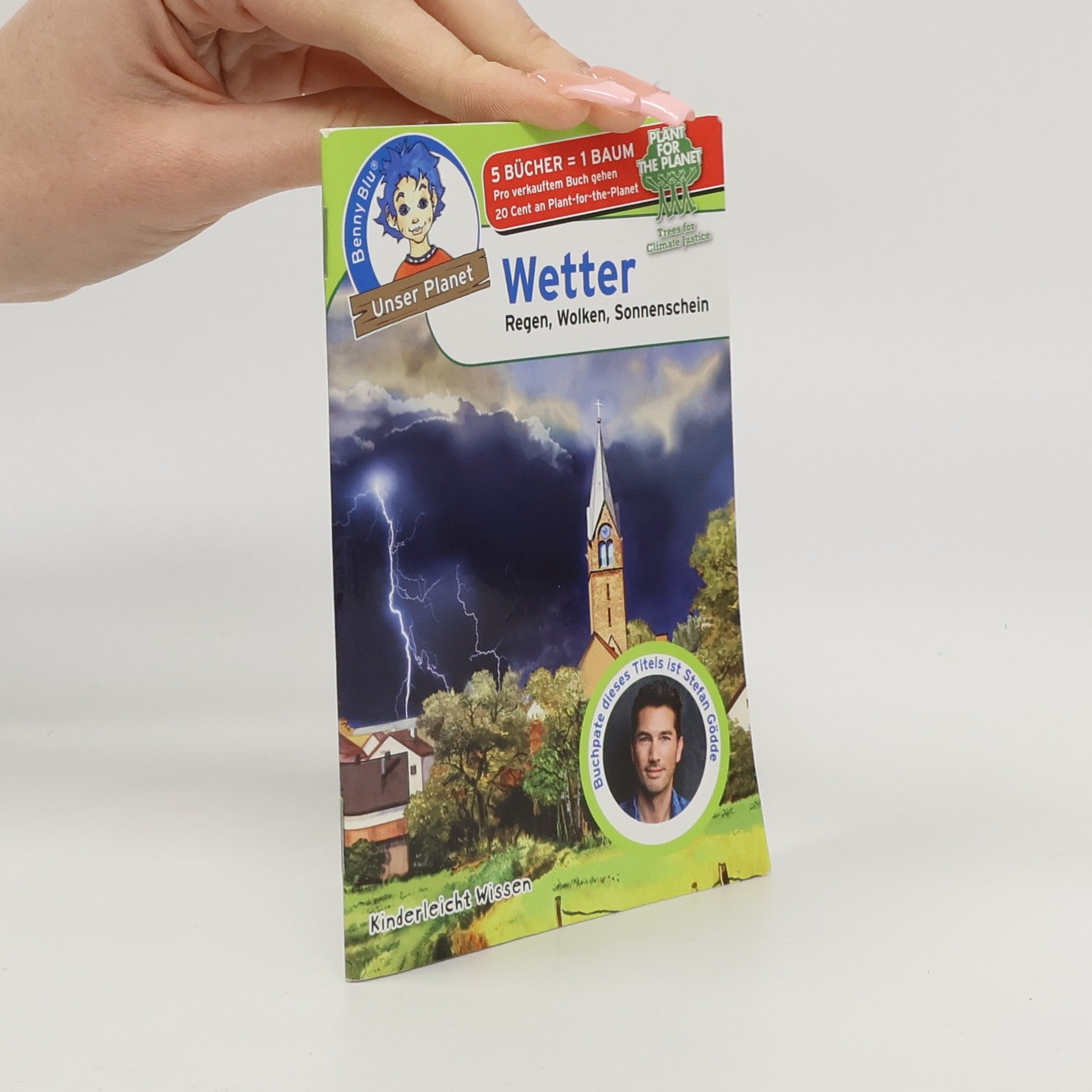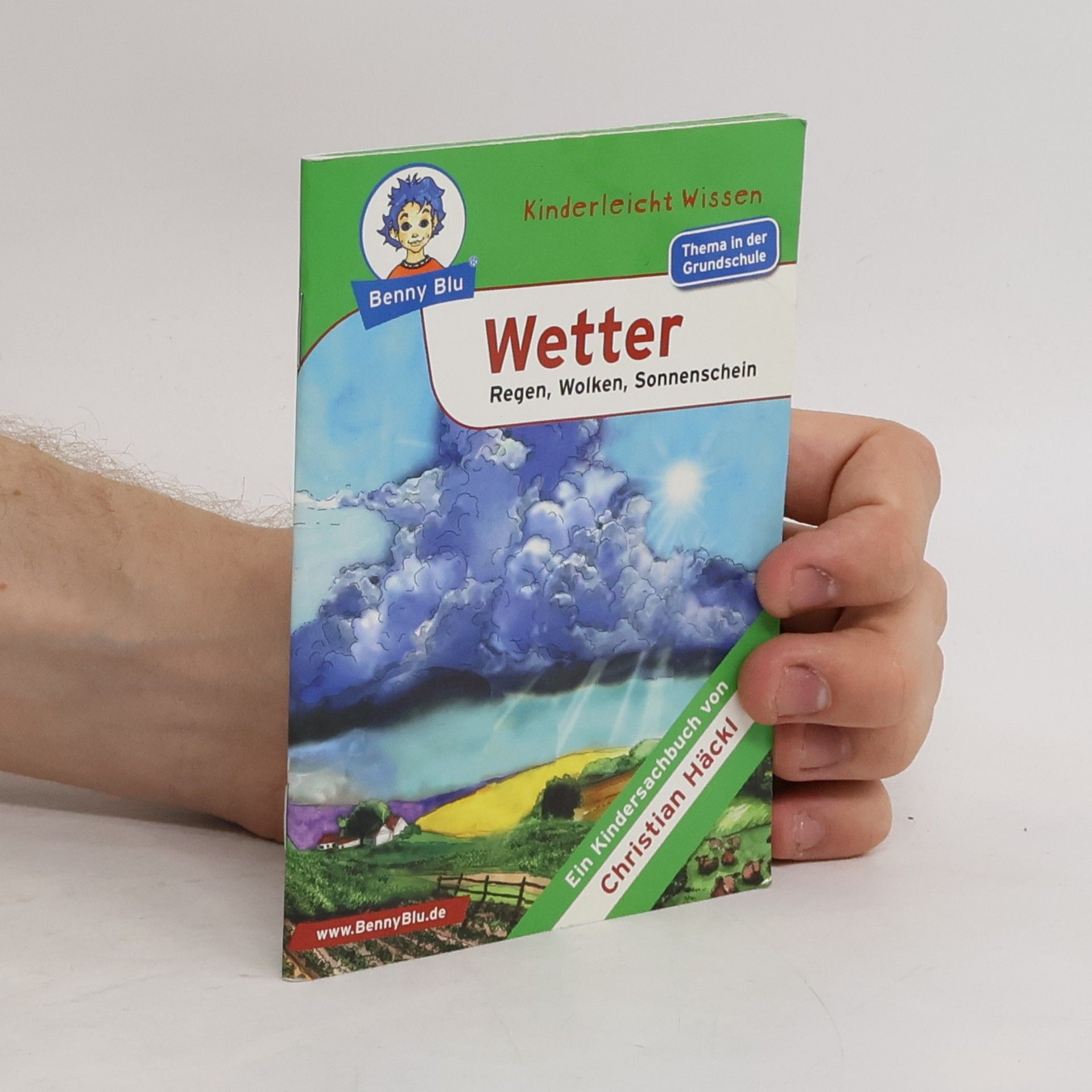Zeitzeichen - Geschichte und Politische Bildung 3 FW
- 204 pages
- 8 hours of reading
Nicht auf das Wissen, auf das Verstehen kommt es an. Die Reihe Zeitzeichen setzt nicht auf umfangreiches Detailwissen, sondern fördert die Bereitschaft von Schülerinnen und Schülern, sich mit fremden Zeiten und fremdem Denken auseinanderzusetzen. Im Zentrum stehen also nicht die Jahreszahl und der dazugehörige Herrscher, sondern Orientierung für unser Selbst- und Weltverständnis.


